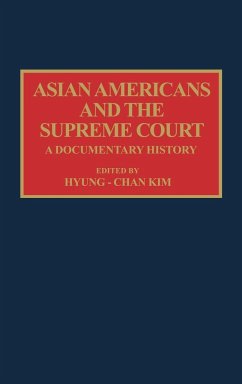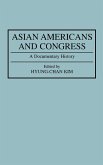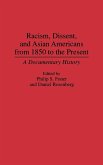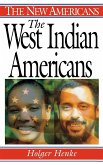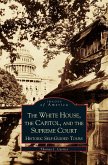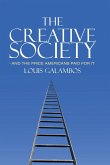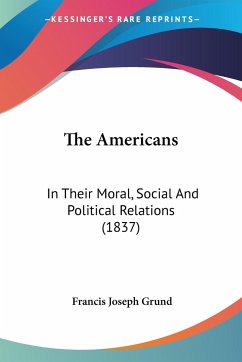This documentary history critiques major Supreme Court decisions on litigations that Asian Americans brought before the Court over the past 150 years. In eight sections, contributing scholars all consider cases within three conceptual frameworks; (1) the commonly held belief that Asian Americans could not become members of the American community because of their race, (2) the once widely held belief that Orientals are mysterious and inferior, and (3) the assumption that all Asians in America are foreigners. The book begins with an overview by editor Kim. In section 2, Braeman treats major cases concerning the question of the government's right to exclude, expel, or deport persons of Asian ancestry. In the next section, Hull focuses on major cases on the constitutional question of U.S. citizenship for persons of Asian ancestry. Stuen then discusses cases dealing with the alien land laws of California and Washington. The Japanese internment cases are discussed by Minami and Bannai; and cases dealing with Asian Americans' legal fight to claim their rights for employment, language, and education follow. Next, Gotanda casts the problem of denying Asian Americans their constitutional rights within the analytical framework of the Asian American identity. In the final chapter Tamayo covers the latest changes in America's immigration policies, reviewing major immigration laws passed by Congress during the 20th century and discussing implications of the Immigration Act of 1990. The volume concludes with a case index, a name index, and a subject index.
Hinweis: Dieser Artikel kann nur an eine deutsche Lieferadresse ausgeliefert werden.
Hinweis: Dieser Artikel kann nur an eine deutsche Lieferadresse ausgeliefert werden.

